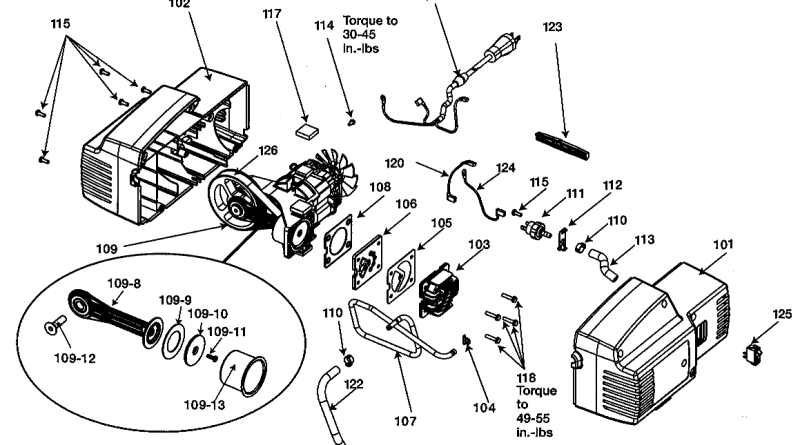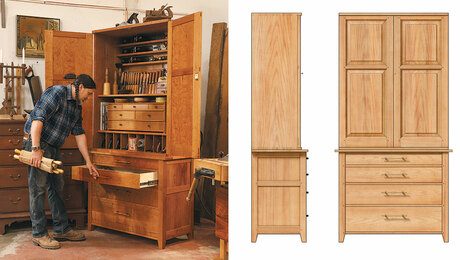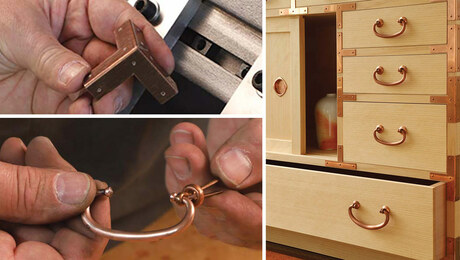How to Replace the Brushes in a Porter-Cable Pancake Compressor
For many crafters and tool users, a good air compressor is a key factor in ensuring the progress and quality of our work. This also means that our responsibility to our air compressors and their health is equally important, and is, perhaps, the most integral tool in enhancing the longevity of our equipment and what we do and create with it.
Fortunately, this responsibility is not as daunting as it may sound. Air compressor maintenance and repair is relatively simple when you arm yourself with a few facts and a few simple steps. Take replacing your compressor’s brushes for example, this procedure is both simple and imperative to the vitality of your compressor. And yet, with the following few steps, you can replace the brushes in your compressor with perfect, professional ease.
Before beginning this repair procedure, though, it is extremely important to disengage and unplug your air compressor. You must also ensure the tank is entirely bled of air pressure. This keeps you, as well as your compressor, more protected from injury or damage during repair.
It is also important to note that you must always replace your brushes in pairs. Regardless of the good looks of one brush, if one is worn or broken, you must always replace both brushes as a set. Oh, and please don’t underestimate the value of your owner’s manual. Read it, make it your friend, and bask in your new-found knowledge.
Okay. Now, to begin, you must first remove the compressor shroud or the casing that contains the tool’s motor. To do this, simply unscrew the screws holding the thing together (these are usually set fairly deep into the shroud) and pull the shroud apart separating it at its split down the middle. Set the shroud and screws aside safely.
Next, simply locate the brushes, there will be one brush on each side of the armature. Disconnect the brush lead terminal, or, the wire connector attached to each brush, of the brush you’re presently replacing. Very carefully move the spring away from the brush ensuring you don’t damage its springiness, get a hold of the first brush’s lead, and remove it from its holder.
Carefully slide the new brush into the brush holder in the same orientation the former was removed. Making certain the spring rests against the brush, replace the spring as delicately as you moved it aside. Next, reconnect that brass terminal ensuring it attaches in the same manner as before its disconnection.
Next, simply repeat the above steps with the second brush, carefully and securely replace the shroud, and you and your compressor should be all set. Before you go rolling to the next job or project, though, reengage to the compressor and give the thing a minor test run to ensure your brushes are making complete and proper connections.
If the compressor doesn’t run smoothly, remove the shroud once more and retrace your steps to make certain each brush is making a proper connection. If you can’t isolate the problem, it is best to quickly take your compressor to an authorized service center for a more thorough inspection.




